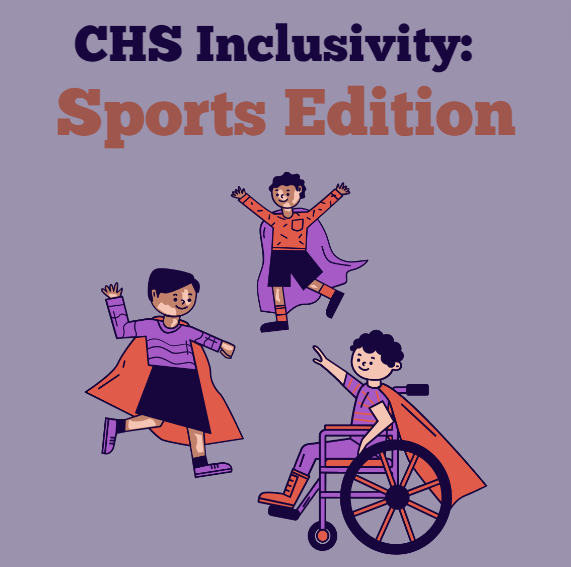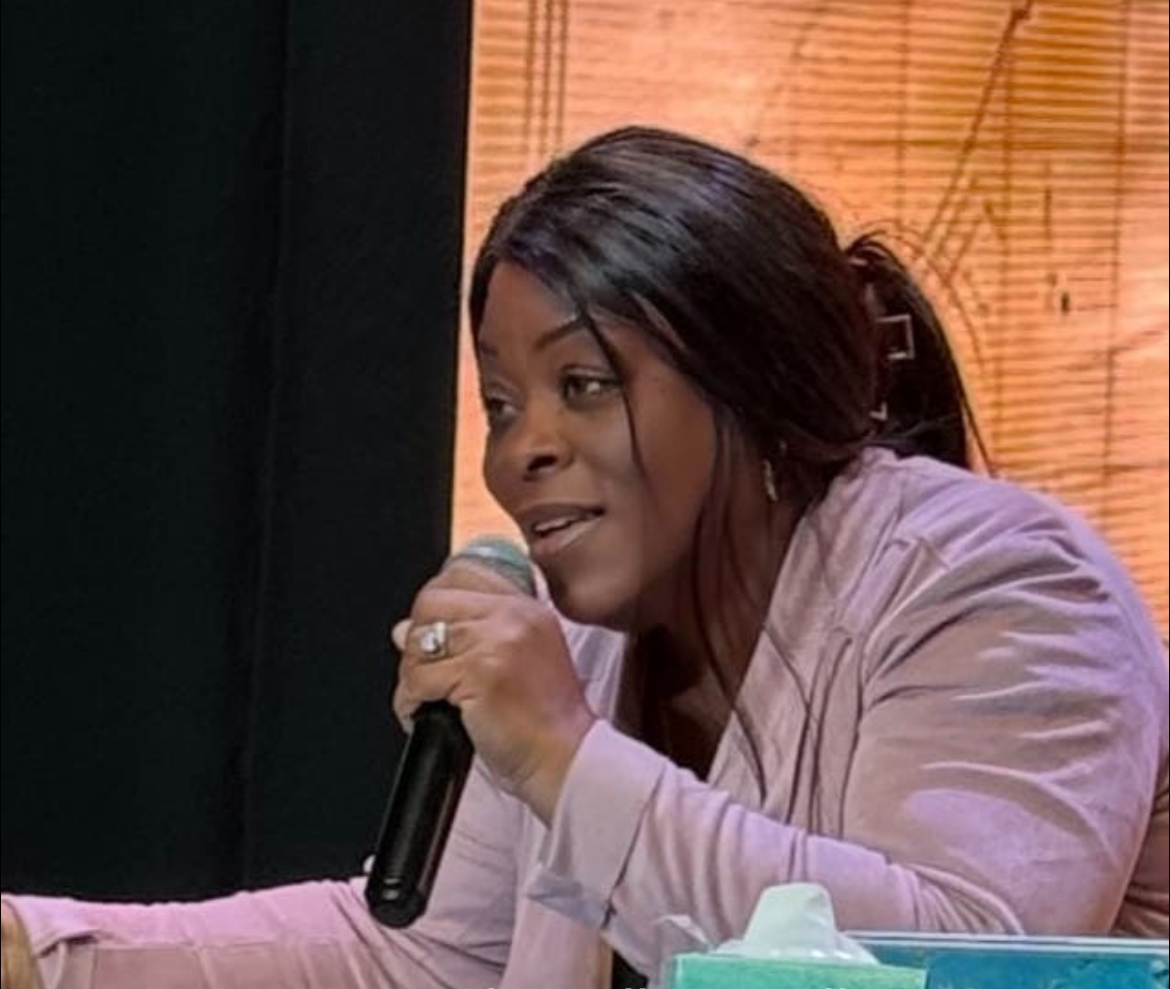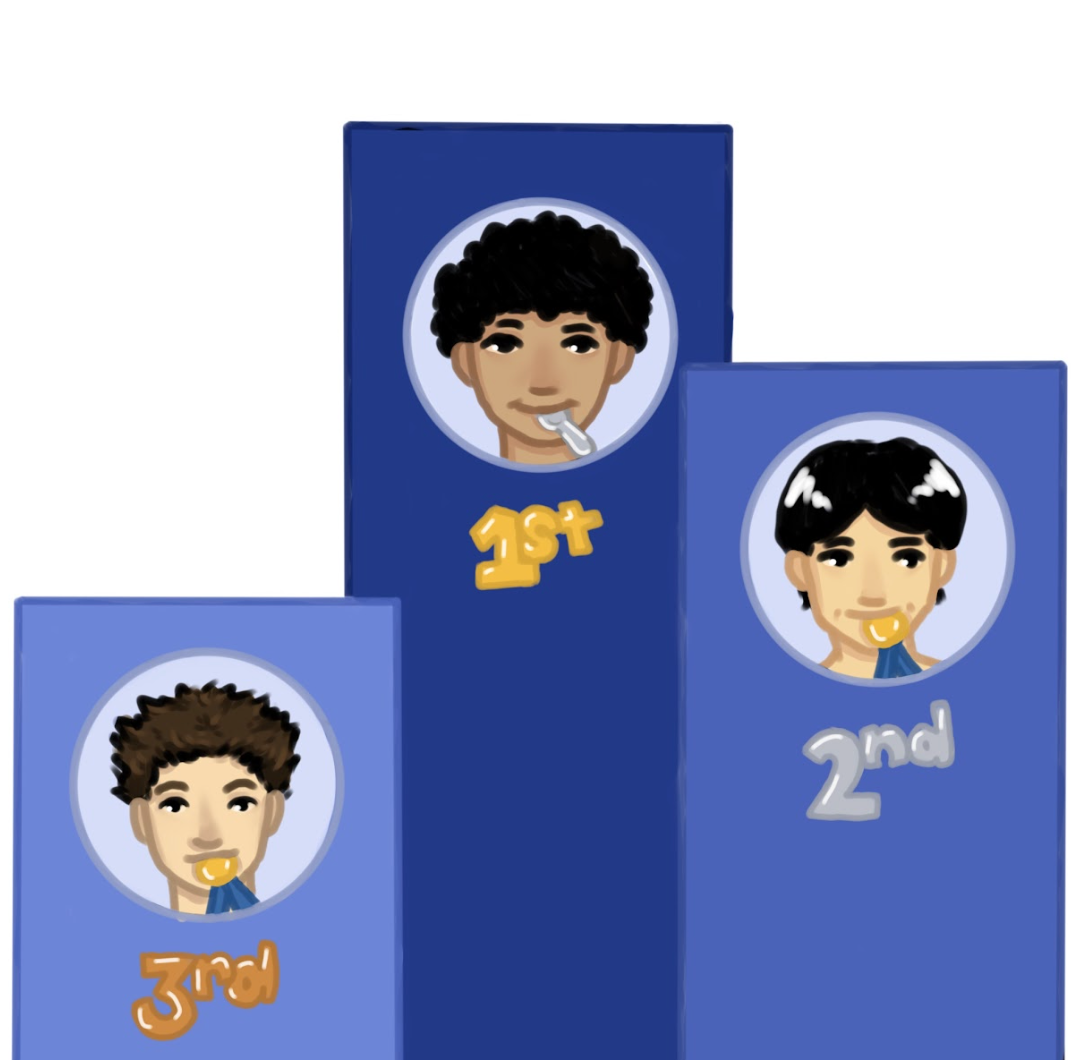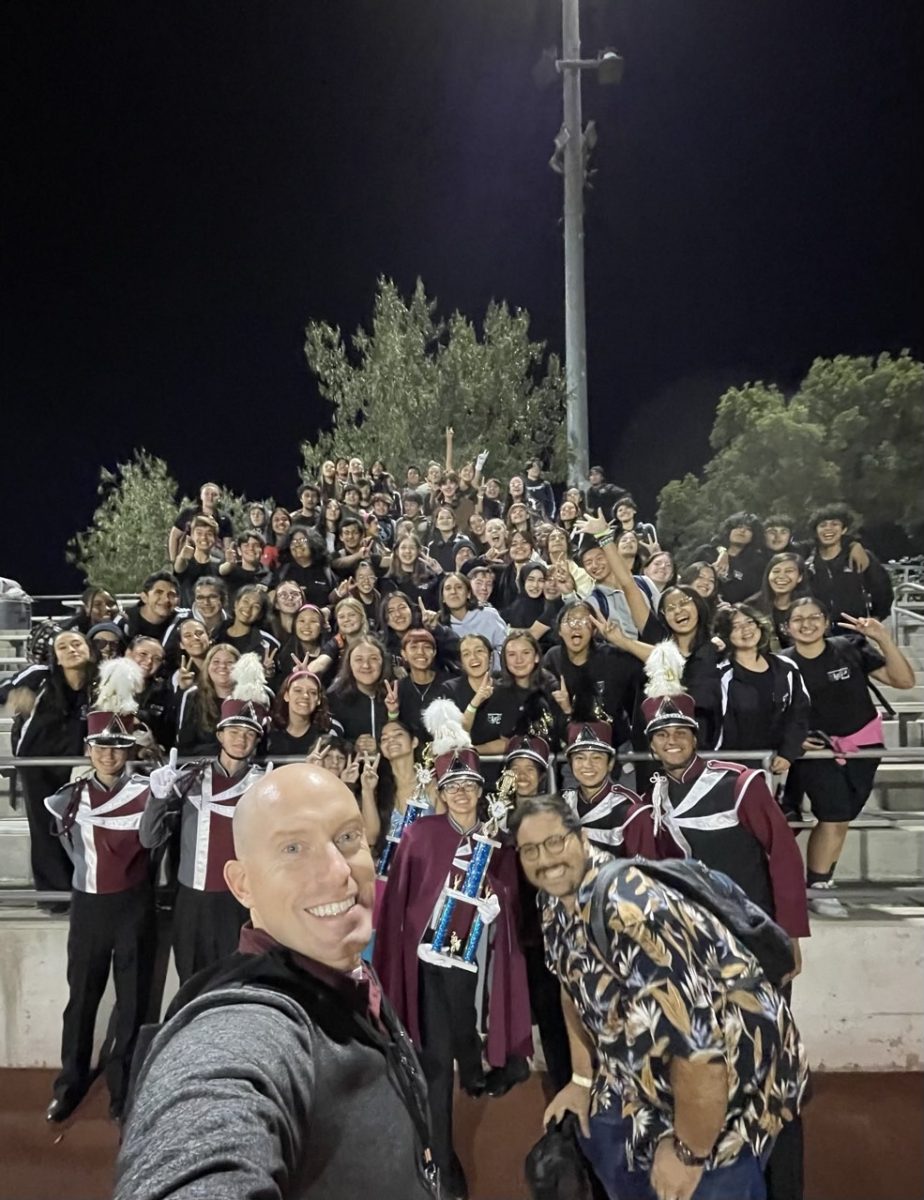Inclusivity in sports isn’t just purely about participation–it’s about creating a playing field where every athlete, regardless of ability, has the opportunity to pursue their athletic dreams. At Claremont High School, fostering a culture of inclusivity should mean more than mere acceptance; it entails actively reaching out and offering students of all abilities an equal opportunity to participate in sports.
Consider the journey of senior Lauren Noyes — a resilient and determined student who defied expectations to pursue her passion for cheerleading. Despite facing unique challenges due to Cerebral Palsy, Lauren refused to let that hold her back from pursuing her dream. Before tryouts, she took the initiative to email the cheer coach articulating her strengths, challenges, and most of all her unwavering commitment. The moment Lauren’s name appeared on the cheer team’s Instagram page was a triumph not just for her but for inclusivity itself. Kimberly Noyes, Lauren’s mother, further emphasizes the power of sports and how it can instill confidence, foster resilience and fuel personal growth.
“Lauren’s confidence in herself skyrocketed when she made the team,” Noyes said. “She believed in herself and it showed in every area of her life. Her academic success got stronger. Her self worth went through the roof and her joy was so contagious to everyone around her. I feel like every student deserves that opportunity, but especially students who get overlooked often.”
However, Lauren’s story is just one example of countless students who yearn for the opportunity to participate in sports. It is the collective responsibility of parents, educators, and community members to ensure that every student is given the opportunity to pursue their athletic aspirations. This means empowering students like Lauren Noyes to advocate for themselves, and dismantling the barriers that limit participation.
Moreover, proactive communication between the special education department and sports program is paramount. It must be ensured that sports teams outwardly express that special education students are not just allowed but actively encouraged to join teams and try out. This requires a proactive approach involving educating special education teachers and case carriers about the importance of sports participation and equipping them with the tools to support students in their athletic endeavors. By working together to promote inclusivity, schools can ensure that every student feels supported and encouraged to participate in sports.
“It is so important to allow them to try to be part of any team they can dream of,” Noyes said. “This stage of any student’s life is so important. They are learning how to plan and dream along with how to be part of a team. As parents we need to be there to support them through all of it.”
As CHS continues to strive to cultivate a culture of inclusivity in sports, one should remember the individuals that can be impacted and the change that can be made. By actively inviting and welcoming special education students to join teams and pursue their athletic dreams, a more inclusive future can be created for all of Claremont.









